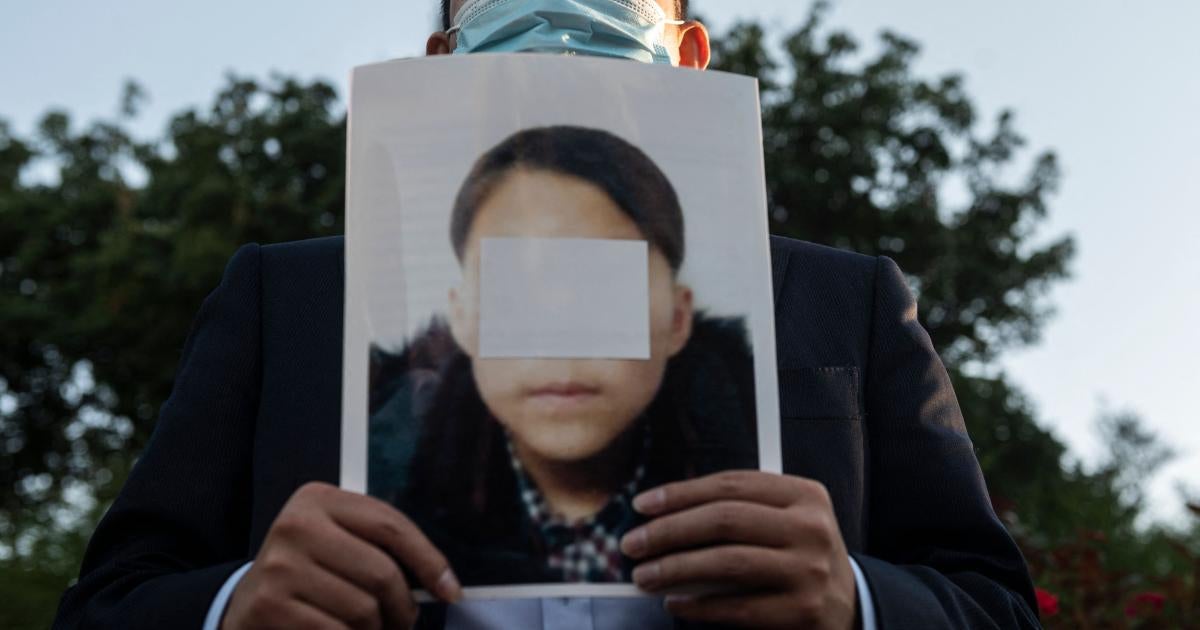Chinese authorities recently forcibly returned more than 500 people who had escaped North Korea. The returnees, mostly women, are at grave risk of being detained in forced labor camps, and face torture, sexual violence, enforced disappearance, and execution.
Stephen Kim, an underground missionary from South Korea with extensive contacts in North Korea and China, said that on the night of October 9, the Chinese government transported the North Koreans in vehicle convoys over five separate border crossings. Kim said some of the detainees had managed to have Chinese guards call family members in South Korea to inform them.
Concerns about forced returns have increased since the North Korean government announced the reopening of its borders in August, which they sealed at the start of the Covid-19 pandemic. North Korea has increased border security in recent years, with new fencing and guard posts and strict enforcement of laws prohibiting unauthorized exits.
Pyongyang treats leaving without permission a crime of “treachery against the nation,” punishable by death or by detention in abusive forced labor camps. Faced with this threat, any North Korean who leaves or stays outside the country without permission should be regarded as a “refugee sur place”: a person who becomes a refugee after leaving their country regardless of prior treatment or reasons for leaving.
Human Rights Watch has separately confirmed that Chinese authorities forcibly repatriated 80 North Koreans on August 29 and 40 others on September 18 this year, and nearly 50 North Koreans in July 2021. In a September 21 letter to Chinese leader Xi Jinping, Human Rights Watch joined numerous other groups calling on China to suspend forced returns.
The Chinese government routinely labels undocumented North Koreans illegal “economic migrants” and does not allow them to seek asylum or resettlement, but instead deports them to North Korea under a 1986 bilateral border protocol.
However, China is a party to the United Nations Refugee Convention and Convention Against Torture, which prohibits the forced return of anyone at genuine risk of persecution or torture. The UN Commission of Inquiry on Human Rights in Korea warned the Chinese government in 2013 that officials involved in forcible repatriations were at risk of criminal liability for abetting crimes against humanity.
Governments should denounce China’s latest returns and call for an end to future forced returns. The Chinese government should provide UN authorities with access to North Korean detainees and either grant North Koreans refugee status or give them safe passage to South Korea or other countries.



